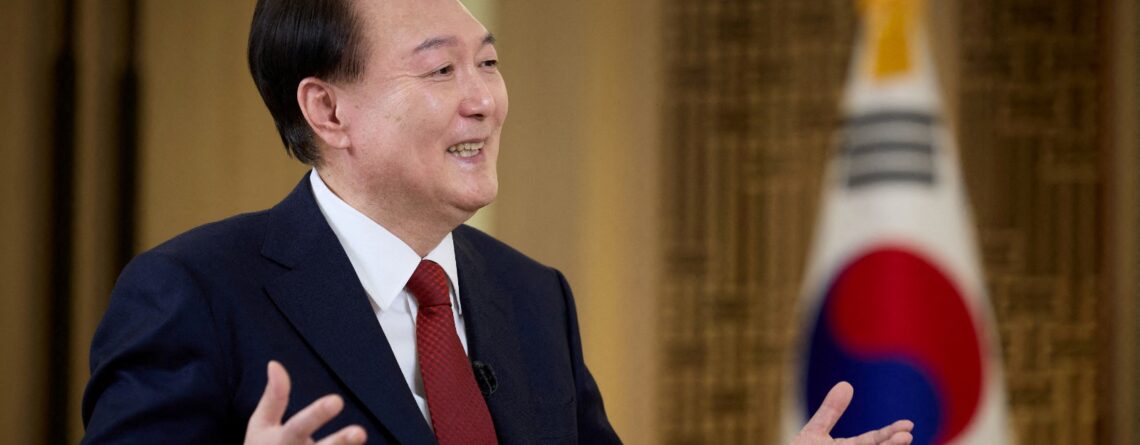29Aug
South Korean President Yoon Suk Yeol on Thursday pledged urgent reform of the national pension fund, one of the world’s largest with $860 billion of assets, to make it more equitable and to ensure income security for an ageing population.
Yoon said there had been a loss of confidence in the pension system across generations and there was a need for fundamental and sustainable reform to restore the trust of those who needed it in retirement.
“Now is the time to fundamentally reform the national pension system that has the confidence of neither the elderly nor the youth,” Yoon told a press conference.
Yoon said the contributions paid in must be increased to ensure the fund is sustainable, and the rate of increase also needed to be differentiated between age groups to make it more equitable.
“We will pursue reforms that will be persuasive to the youth who will be paying into the fund the longest and will be receiving pension the last.”
“A pension system that leaves the elderly poor and young people suspicious must fundamentally be reformed,” he said.
South Korea’s public pension fund, established in 1988 and currently the world’s third-largest with 1,147.0 trillion won ($860 billion) in assets as of the end of June, is expected to be depleted by 2055 as payments start to outpace contributions from 2041.
The contribution rate into the pension scheme, which is mandatory for wage earners and business owners, is 9% of income, compared to 10.6% in the U.S., 18.3% in Japan and an average of 15.4% for members of the Organisation for Economic Co-operation and Development.
The average payout is 31.2% of average pay, compared to the OECD average of 50.7%, meaning South Korea’s elderly are among the poorest out of OECD economies.
Reforming the system has been a policy goal for a series of South Korean presidents but there has been little progress because of disagreements on how to approach the issue and the risk of alienating some voters.
The opposition Democratic Party, which controls parliament, criticized Yoon’s reform plans as pitting young people against the old and urged generational solidarity in pushing the reform.
In a wide-ranging news conference, Yoon said he did not believe the U.S. would ever accept North Korea as a nuclear state regardless of who is president.
He also said that three-way security cooperation with Tokyo and Washington will continue despite an imminent change in leaders in both capitals.
Yoon has taken a tougher line on Pyongyang, while moving to improve strained ties with Japan and boost security relations.
He also expressed concern about an overheating housing market and said there was a need to “manage” policy loan rates if expectations of falling borrowing costs lead to speculation that adds price pressure.
Yoon said he was pushing ahead with ambitious healthcare reforms and, after launching a plan to increase the number of doctors, his focus was on improving the quality of medical care in key disciplines and regions outside of large cities.
More than 10 trillion won will be invested over five years to improve services in those areas, he said.
Yoon’s push for healthcare reform has been met by strong resistance from doctors, who deny there is a shortfall of physicians. Thousands of young doctors walked off the job in February in protest, disrupting hospital services.
Yoon has been unpopular since narrowly winning the presidency in 2022, with his support ratings remaining just above 30% for months. His conservative People Power Party suffered a landslide defeat in parliamentary elections in April, further complicating his policy plans.
Read more @reuters











